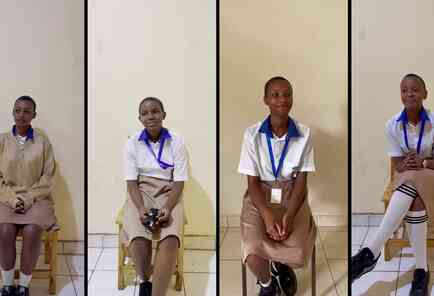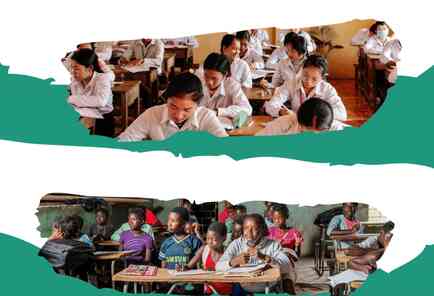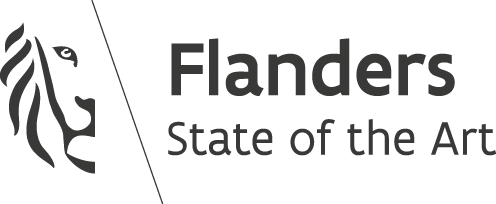Teacher trainers and education experts in countries in South America, Africa and Asia also face similar challenges as we do in Belgium. With eNSPIRED, we try to provide insights on how particular issues are tackled elsewhere, and what we might learn from this.
This time, eNSPIRED spoke to Silvia Elisabeth Moraes. She works at the Faculty of Education of the Universidade Federal do Ceará in Brazil and is currently supervising an interdisciplinary project on planetary citizenship in the curriculum of a Brazilian university. While you have probably heard of global citizenship, Silvia prefers to talk about planetary citizenship.
Planetary citizenship emerges as the radical defense of all forms of life on the planet, including Indigenous and Afro-descendant peoples, with their knowledge and traditions, combined with the work of scientists and professors in educational institutions. The Ecology of Knowledges, by the Portuguese sociologist Boaventura de Sousa Santos, gives the base for the inclusion of the Indigenous and Afrodescendants knowledge and culture.
Planetary citizenship emerges as the radical defense of all forms of life on the planet, including Indigenous and Afro-descendant peoples, with their knowledge and traditions, combined with the work of scientists and professors in educational institutions. The Ecology of Knowledges, by the Portuguese sociologist Boaventura de Sousa Santos, gives the base for the inclusion of the Indigenous and Afrodescendants knowledge and culture.
'Our university chose the word planetary, with an even greater emphasis on protecting the planet and nature with respect for all citizens'
A more holistic and inclusive approach for a better understanding of our planet and society
‘Education has the task to educate learners to become citizens so that they know how a society works and so that they become aware of the challenges within the society’, says Silvia. ‘But how do we do so that they become aware of these challenges? The Western global citizenship approach did not completely cover our Brazilian context. That is why our university chose the word planetary, with an even greater emphasis on protecting the planet and nature with respect for all citizens, including indigenous and Afrodescendants people.’ A more holistic and inclusive approach, a perspective that includes the 'Global North' as well as the 'Global South'.Perspectives of indigenous peoples
Colonisation and migration have led to a super diverse society. ‘We Brazilians, for example, are the result of three groups of people: Europeans, African descendants, and Native Indigenous people. You have to look in the mirror and embrace all the aspects of who you are. Moreover, the knowledge and perspectives of indigenous peoples are immensely valuable. Their relationship with nature is holistic. Brazilian indigenous people generally live in harmony with nature, which makes them a better protector of biodiversity in contrast to the Western way of life that has led to a lot of destruction of nature and humanity.’ Within the planetary citizenship approach, those indigenous people are also heard. Their rights have to be protected and their perspectives of the world can be an inspiration.Interdisciplinary project to create more multiperspectivity
To make this all tangible, she started an interdisciplinary project that she leads within the Faculty of Education. Students from different disciplines (e.g. sociology, biology, history,) get organised into groups who work together on a particular theme. The idea is that each approaches the topic from his/her own perspective and discipline but also from their own personal and ethnic background. For example, nuclear waste. One may think you can only look at this from a physics point of view, but in order to really understand the problem you have to put it under the perspective of Economy, Geography, History, Ecology, etc. This project is about approaching particular issues in a contextualised and in-depth way and, above all, looking at societal challenges from different angles. Each with his own background, context and education. This creates multiperspectivity.’Would you like to learn more about this? Then watch the webinar below where Silvia delves even deeper into this topic.
Photo credit: GPE/Livia Barton
Subscribe to our (Dutch) newsletter
|
English





